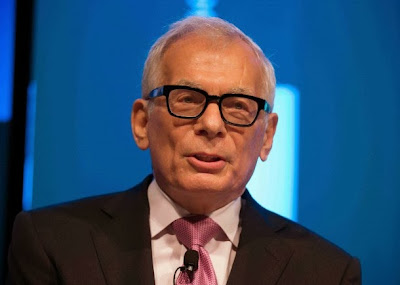And when parents choose to send the children to Jewish overnight camp in addition to Jewish day school, the bills really start adding up. Just ask any Jewish family that sends their children to private Jewish day school and a Jewish summer camp about the affordability of such endeavors and they’ll use words such as “sacrifice,” “hardship” and “priorities.” With the cost of Jewish day school tuition for one child varying from $10,000 all the way up to $40,000 per year, more Jewish families who desire a day school Jewish education for their children are finding it cost prohibitive even with financial aid.
Add to those rising costs, the additional expense of a month or two at a Jewish summer camp and families are having to just say “no” to their kids. In the new economy, the Jewish middle class has virtually vanished. Many families who once would be considered upper middle class are forking over their tax returns hoping for subsidies to make day school and camp tuition affordable. New organizations like the Affordable Jewish Education Project (AJEP) are sprouting up seeking to imagine alternative solutions to the economic crisis. Plain and simple it’s becoming cost prohibitive to raise a Jewish family according to the values of day school and summer camp.
 |
| Campers and staff at Camp Tamarack in Ortonville, Michigan |

